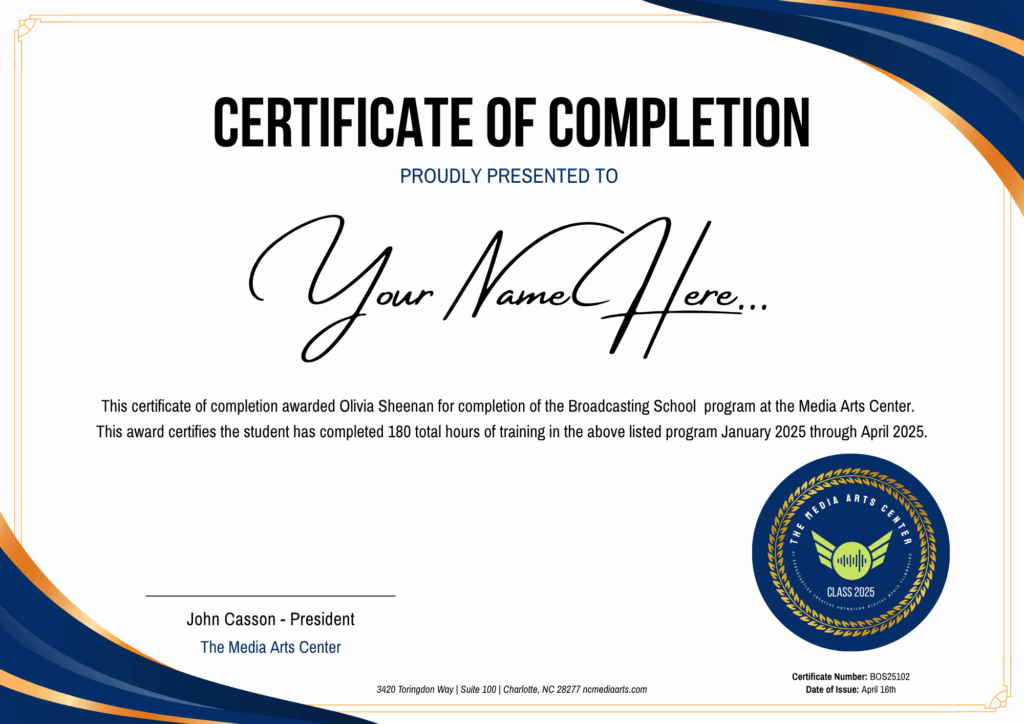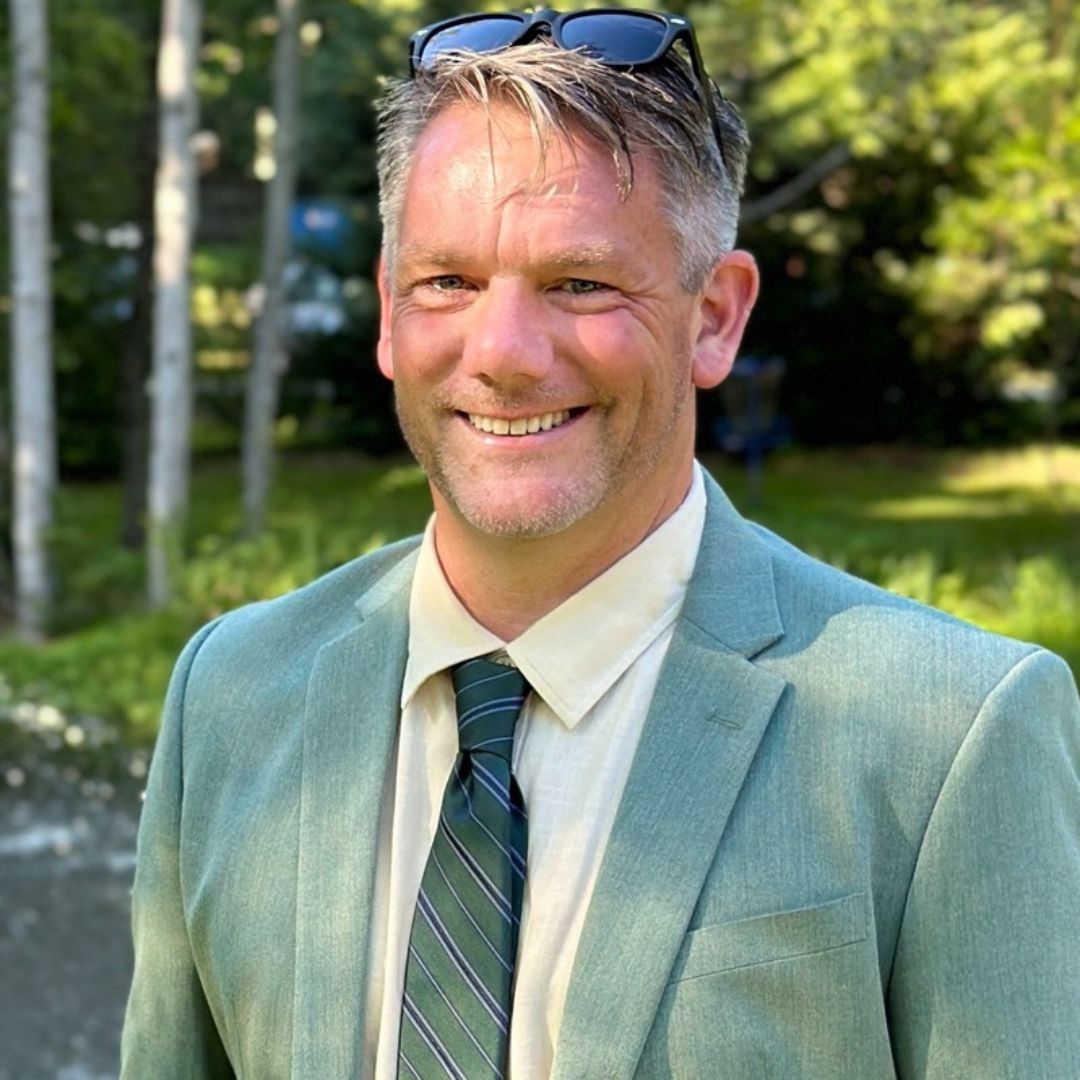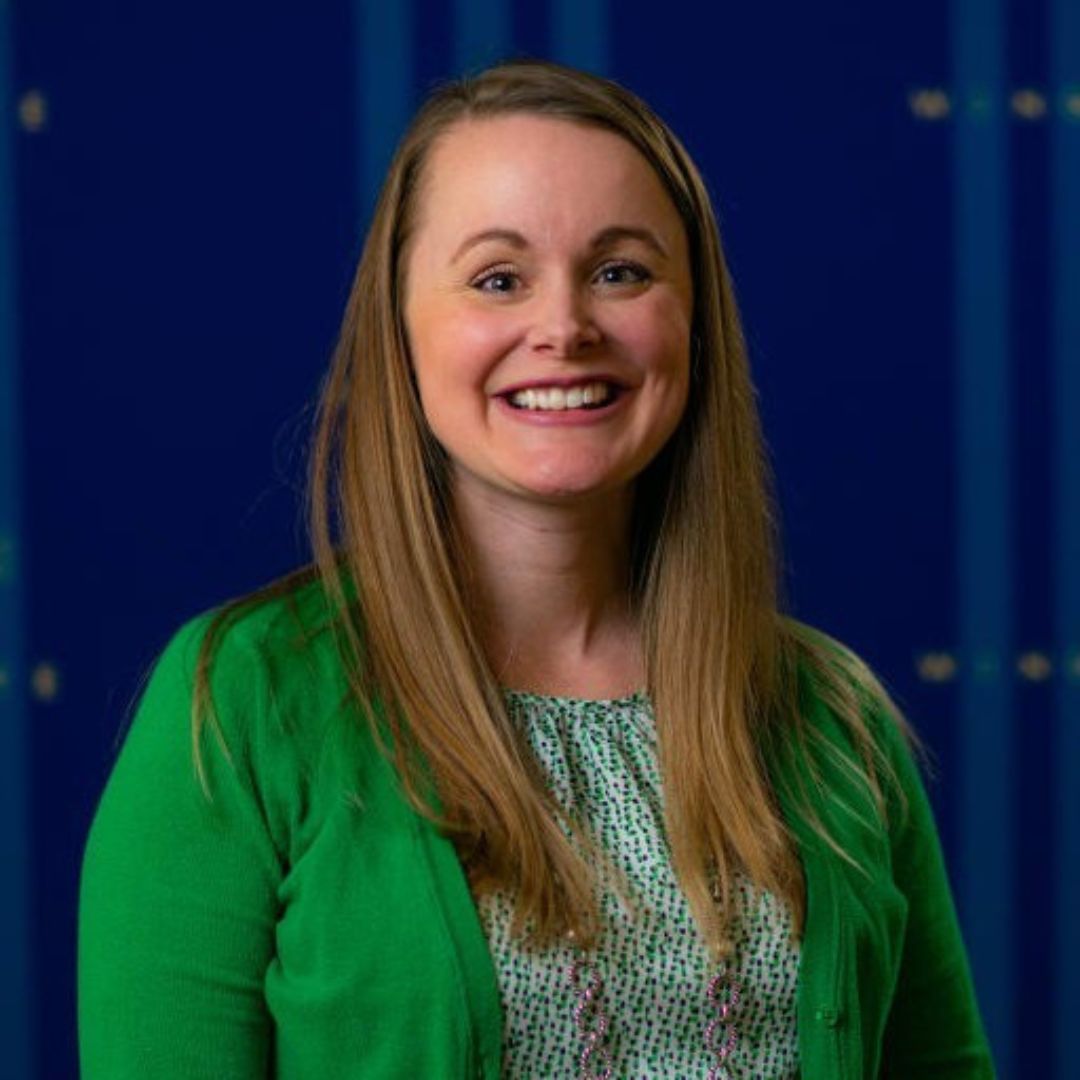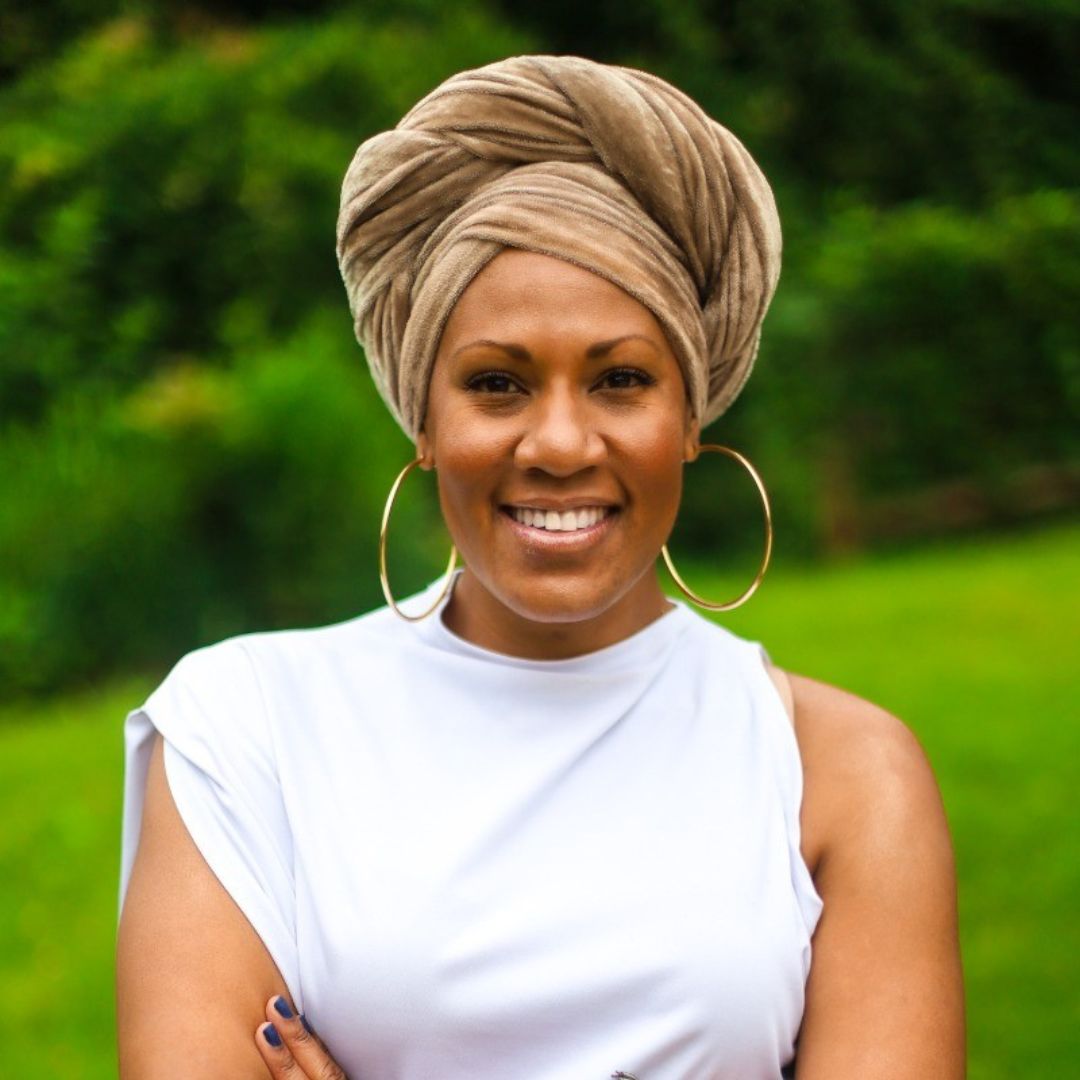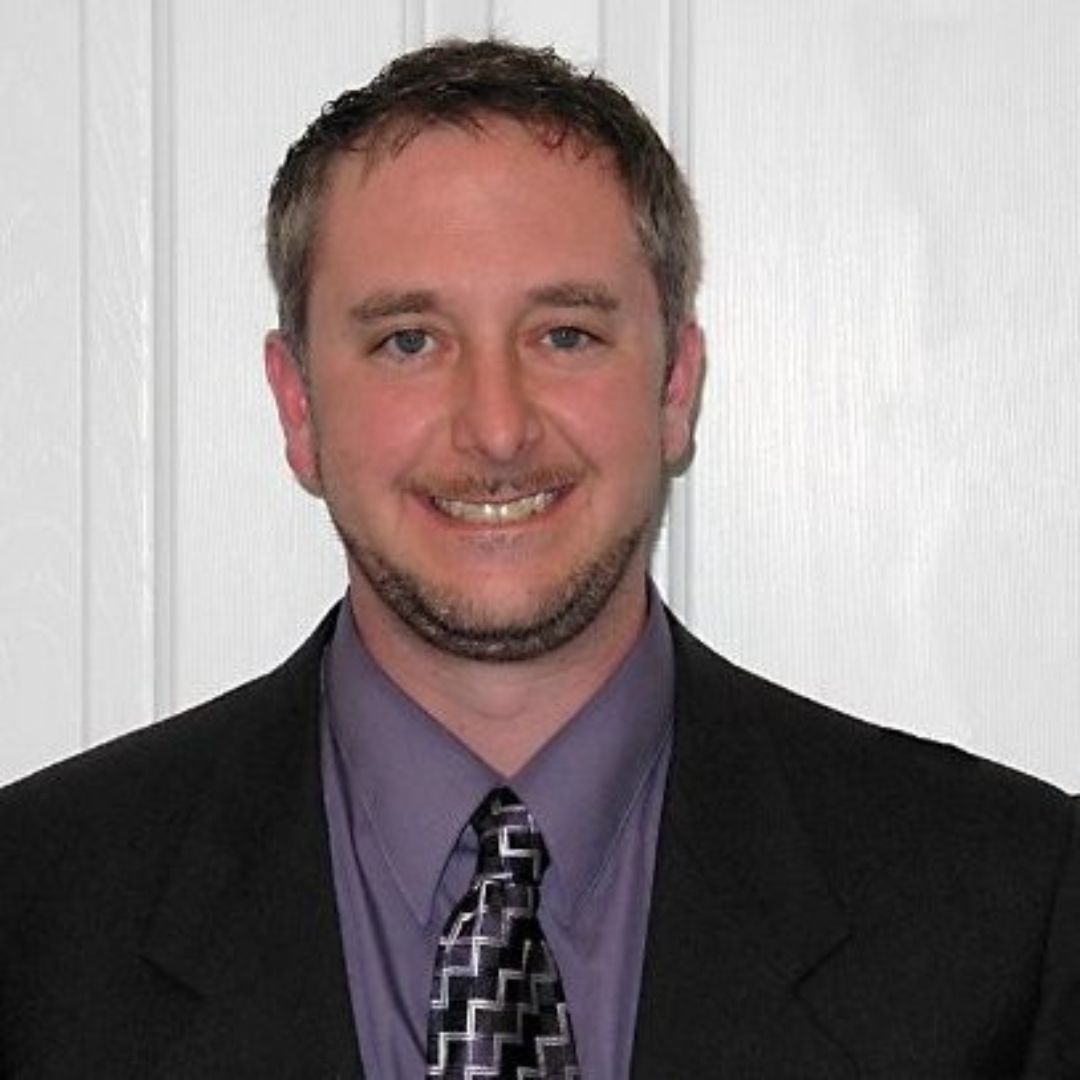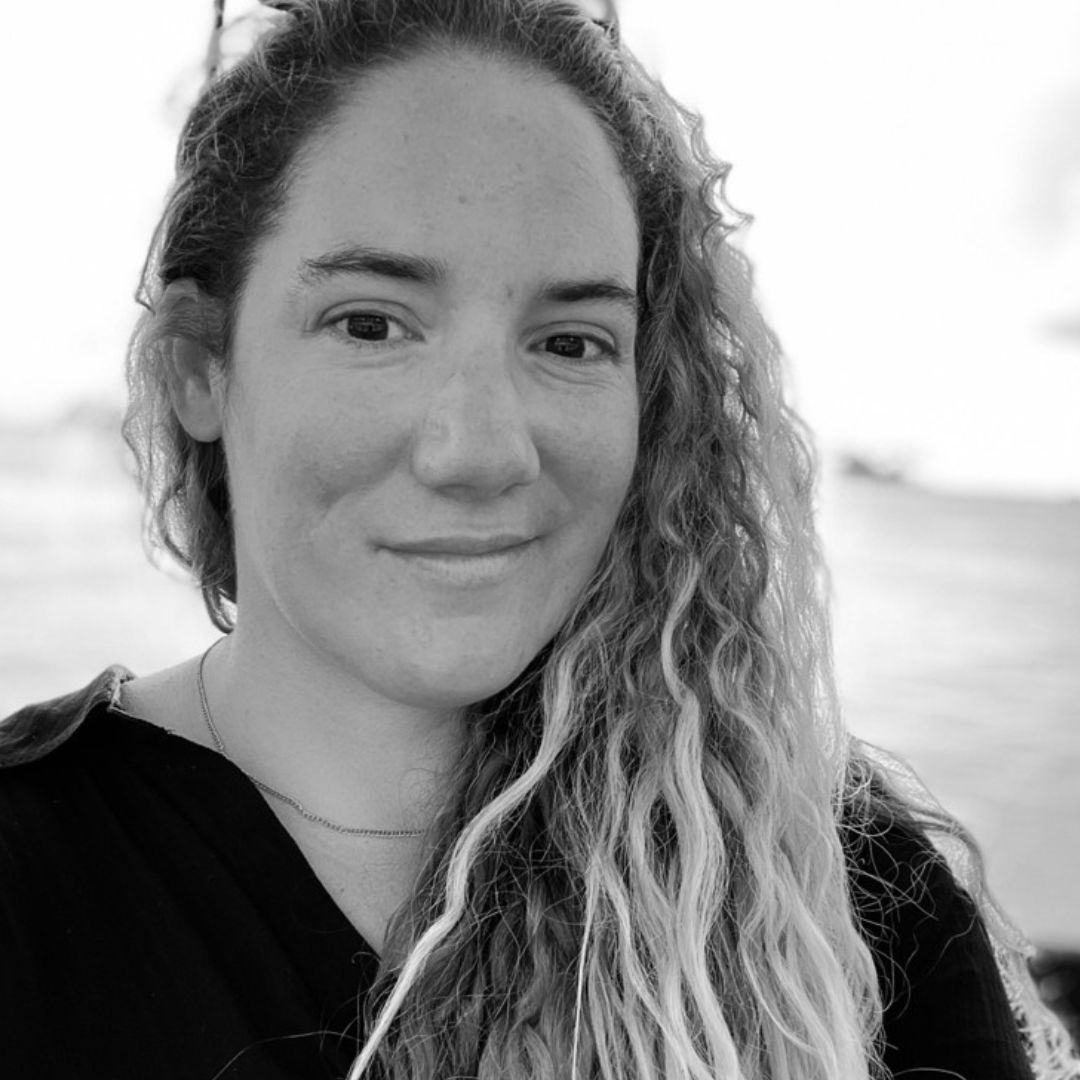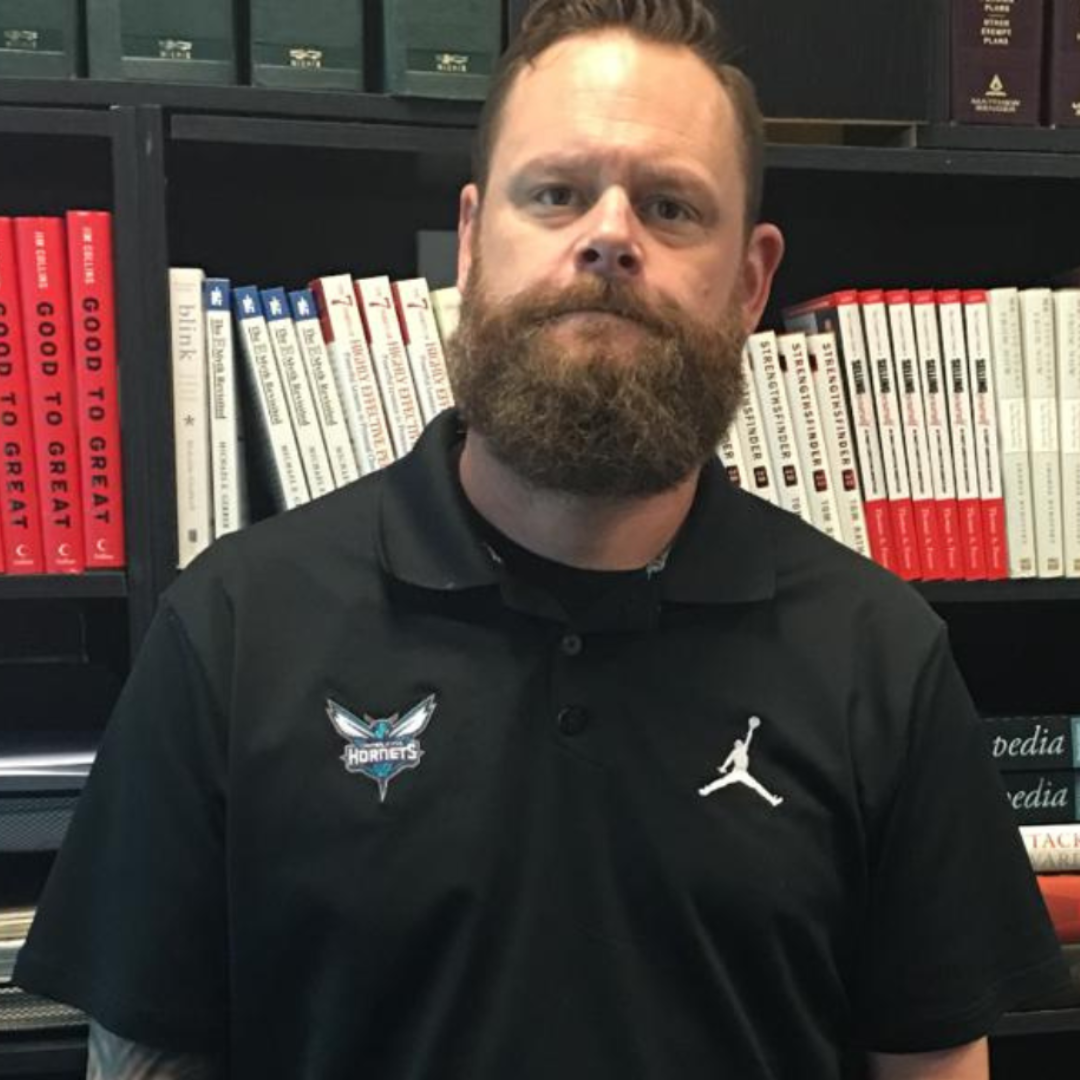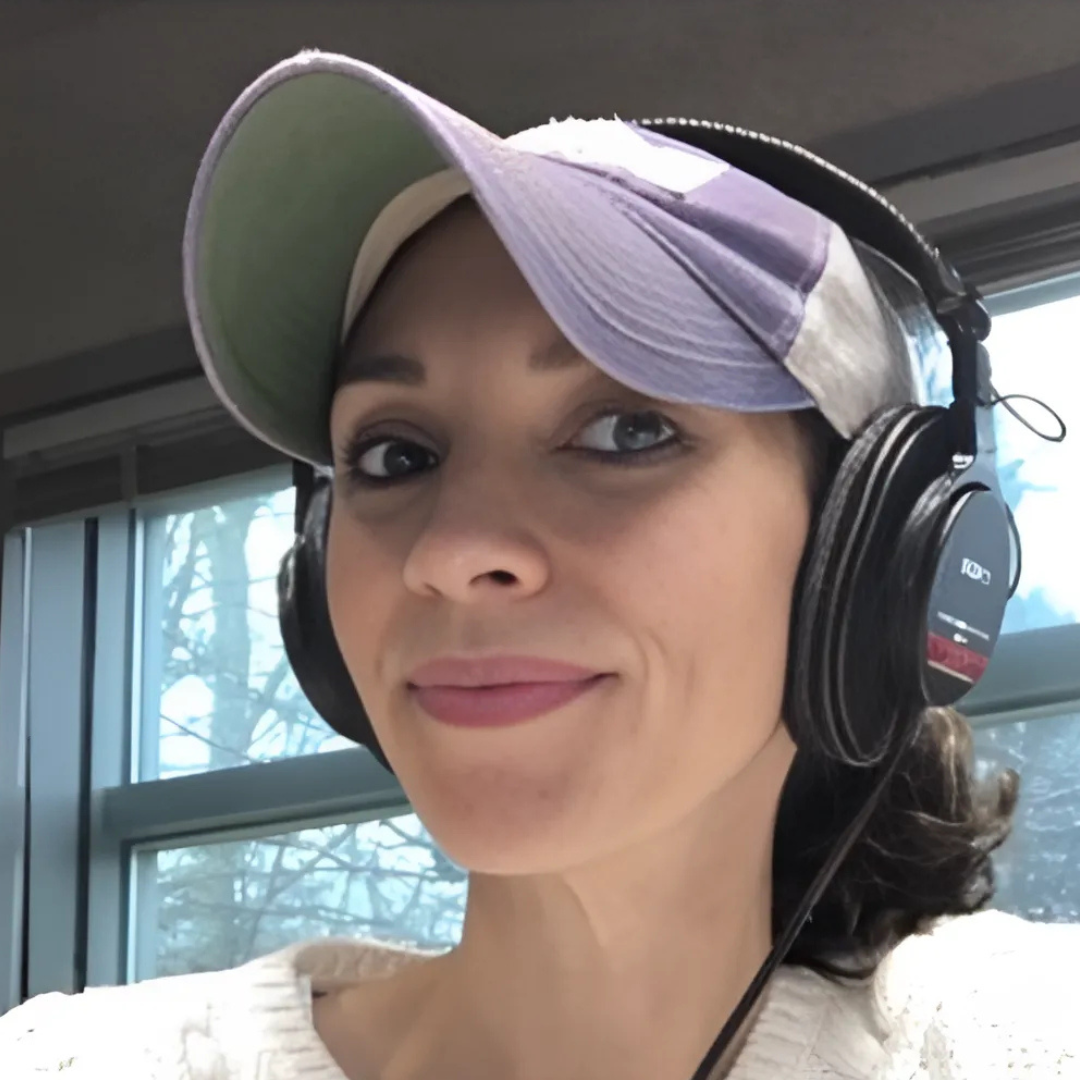John Casson, a resident of Charlotte, North Carolina, is on a mission to make career education synonymous with quality education in the eyes of Americans. He’s not alone. In today’s rapidly changing job market, many are questioning the value of a traditional college education. Rising tuition, mounting student debt, and concerns about political agendas on campus have led students and families to seek alternatives. Avocational programs—sometimes called vocational, trade, or career schools—offer a compelling path for those who want relevant skills, affordable tuition, and a learning environment focused on career readiness rather than ideology.
Avocational Programs vs. Traditional Colleges
| Feature | Avocational Programs | Traditional Colleges/Universities |
| Curriculum Focus | Job-specific, hands-on skills | Broad, includes general education |
| Program Length | Months to 2 years | 2-4+ years |
| Tuition | Lower, more affordable | Higher, often leads to significant debt |
| Political Environment | Minimal political content | Increasingly politicized, ideological |
| Class Size | Small, personalized | Often large, less individual attention |
| Job Readiness | Immediate, practical training | Theoretical, may require further training |
John Casson, a resident of Charlotte, North Carolina, is on a mission to make career education synonymous with quality education in the eyes of Americans. He’s not alone. In today’s rapidly changing job market, many are questioning the value of a traditional college education. Rising tuition, mounting student debt, and concerns about political agendas on campus have led students and families to seek alternatives. Avocational programs—sometimes called vocational, trade, or career schools—offer a compelling path for those who want relevant skills, affordable tuition, and a learning environment focused on career readiness rather than ideology.
Avocational Programs vs. Traditional Colleges
| Feature | Avocational Programs | Traditional Colleges/Universities |
| Curriculum Focus | Job-specific, hands-on skills | Broad, includes general education |
| Program Length | Months to 2 years | 2-4+ years |
| Tuition | Lower, more affordable | Higher, often leads to significant debt |
| Political Environment | Minimal political content | Increasingly politicized, ideological |
| Class Size | Small, personalized | Often large, less individual attention |
| Job Readiness | Immediate, practical training | Theoretical, may require further training |
Export to Sheets
No Political Agendas—Just Skills That Matter
Avocational programs are designed with one goal: to prepare students for specific careers. Unlike many universities, where students may encounter courses and campus climates shaped by political or ideological debates, avocational schools keep the focus on practical training. Students spend their time learning the tools, techniques, and industry standards they’ll use on the job, not debating divisive social issues. Casson says his school, “The Media Arts Center”, does exactly that.
“Vocational school training is typically based on a hands-on approach to learning; students are taught the practical skills and knowledge that employers are looking for right out of the gate.”
Relevant Skills, Real-World Experience
Traditional colleges often require students to complete general education courses—sometimes unrelated to their career goals. Avocational programs, by contrast, cut straight to the chase. Whether it’s medical assisting, automotive repair, or digital media, students learn exactly what they need to succeed in their chosen field, often in less than two years. The Media Arts Center programs are 3-months and cost around $7500.
Graduates are ready to work immediately, reducing the need for on-the-job retraining.
Programs are tailored to current industry needs.
Training is hands-on, with real-world equipment and scenarios.
A Better Match for Today’s Learners
For students who want to avoid political distractions, focus on relevant skills, and keep their education affordable, avocational programs offer a clear advantage. They provide a direct path to employment, smaller class sizes for personalized instruction, and flexible schedules for working adults or those with families.
In a world where the value of a college degree is increasingly debated, avocational education stands out as a practical, efficient, and accessible alternative—one that prepares graduates for real jobs, not just classroom debates.

